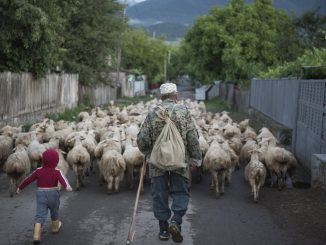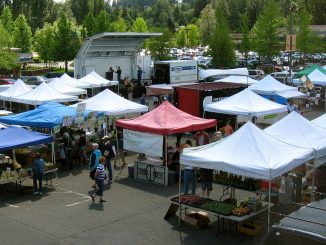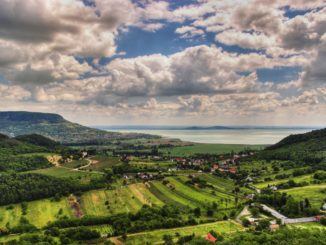What does quantum superposition have to do with the Irish Department of Agriculture’s attitude to the Organic Farming Scheme (OFS)?
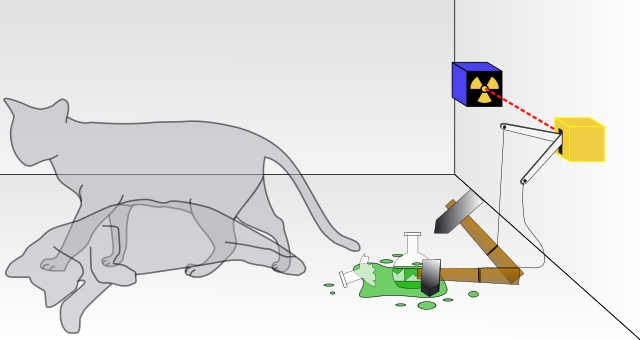
Quantum superposition refers to the state of being both dead and alive at the same time. The idea comes, primarily, from the Schrödinger’s Cat thought experiment.
Schrödinger’s cat is both dead and alive at the same time. It shares a box with some poison in a glass container, a radioactive source and an automated hammer. The hammer will shatter the glass, releasing the poison, if radioactive materials are detected in said box. In quantum terms the cat, at a certain point, is both dead and alive. However, were you to don protective clothing and have a sneak peek, you’d see a cat either dead or alive. Not a cat both dead and alive.
This begs the question – when does one state end and the next begin? When does reality collapse into one possibility or the other?
Well, the Department of Agriculture in Ireland seem to be in a quantum conundrum. It seems to both have and not have extra funds in the rural development plan for the OFS. It also seems to both want and not want growth in the organic sector.
According to a statement received by this author some weeks ago from the Department: “At this point in time all available funds allocated have been committed and all targets set in the RDP have been met. Including those in the ‘old’ Organic Farming Scheme, we now have some 1,740 organic farmers in the system. This is a major step forward.”
So, to continue with our Schrödinger’s cat analogy, the cat was alive but now it’s dead.
Upon further investigation, this statement may well be the truth, but it’s not necessarily the whole truth and nothing but the truth.
The whole truth is that monies can be reallocated within the RDP, and there has been an under spend in the RDP every year since at least 2010. The under spend in 2016 was over E100 million; it has been over E20 million every year since 2010.
Maybe the cat is alive?
The future will be different, the Department claims: “We fully anticipate that based on current up-take and projections, the entire budget allocation of some €4 billion for the Rural Development Programme will be spent and that the entire €2.19 billion of EU co-funding will be drawn down. It is expected that the majority of funds will be spent by the end of 2020, although there will be some carry-over into 2021. There will be no underspend under the RDP and the €4 billion of EU/exchequer funds provided for will be spent over the lifetime of the programme.”
Notwithstanding the apt quantum confusion of both spending everything and keeping a bit for later, the cat seems dead again.
When specifically asked about reallocation of available funds, the Department said: “while there is provision to amend the RDP to reallocate funds, we have not made any such requests to date and have no such plans at this time.”
So it could take money from elsewhere and apply it to the organic farming scheme, but it chooses not to.
So the cat could have been kept alive, but no, it must stay dead.
Ostensibly, there is also a Departmental target for 5% utilisable land area (ULA) farmed organically. Indeed, this target (of 220,000 hectares, up from 55,000 ha) was a justification for increasing the payment per hectare for organic farmers when the scheme was last announced. (See the Department’s 2017 RDP Evaluation pg 134 opens .pdf).
There’s hope for that cat yet!
But wait. How can organic ULA grow from the current 2% to 5% when farmers cannot even join the scheme?
The cat? Muerto.
Somehow, and despite this growth target, the arrival of 942 applications in April 2015 meant the scheme has been closed to entrants since.
Might be time to cancel the cat food.
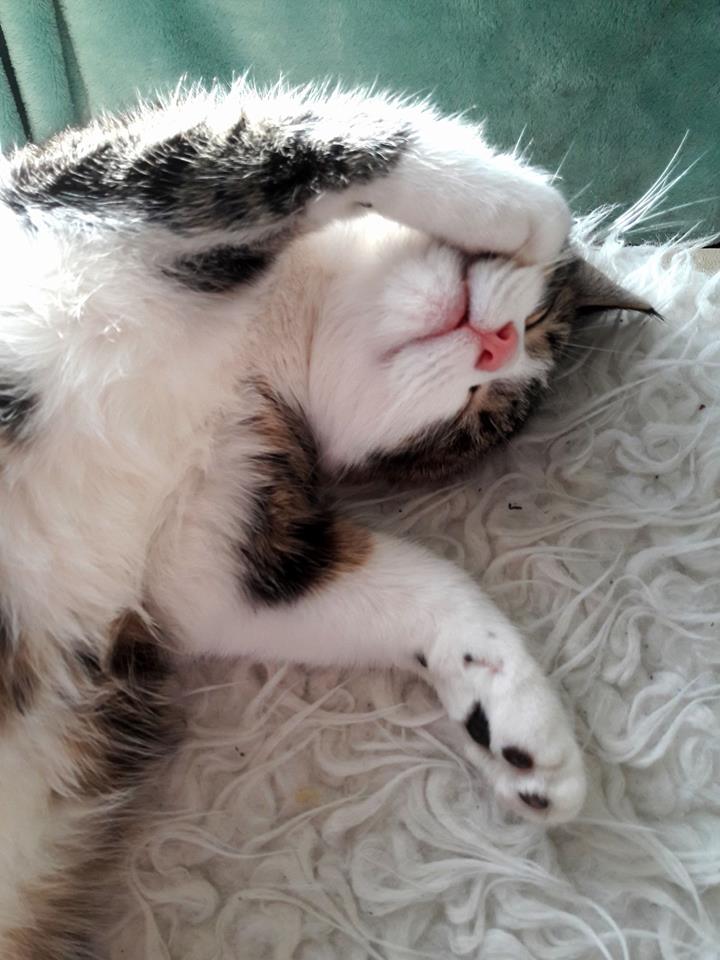
A version of this article also appeared in the Irish Examiner’s farming supplement



